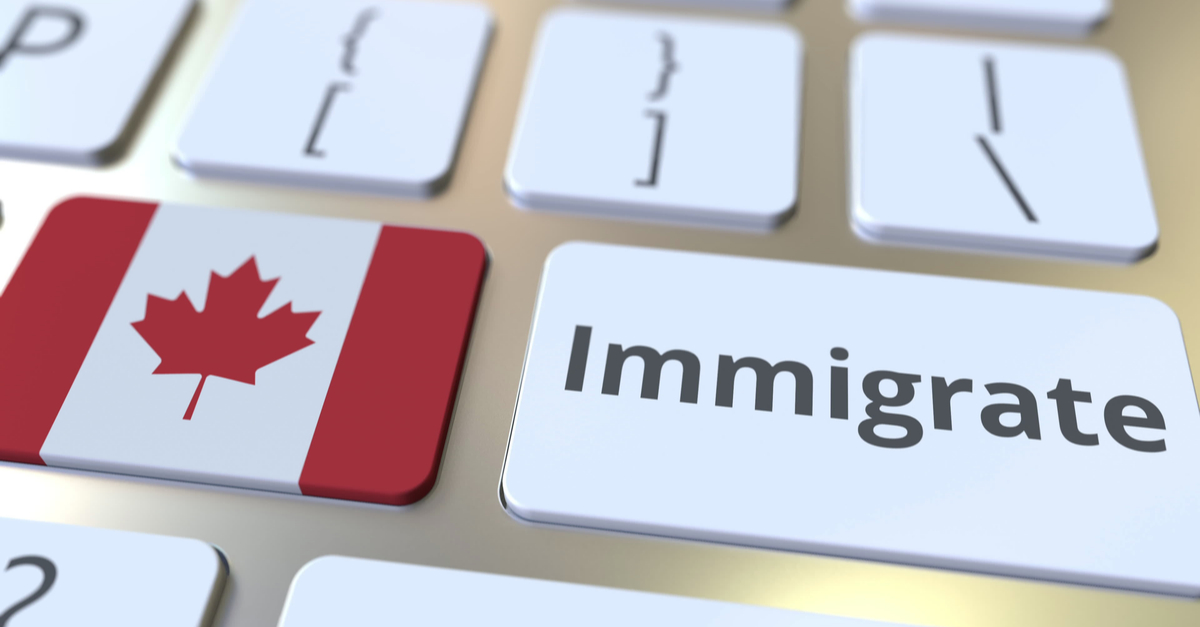For many countries, Canada is one of the most immigrant-friendly destinations. For this reason, it is a top choice to visit, study, work and live. Recognizing its position, Canada is proposing changes to its immigration system to make the citizenship journey as smooth as possible. On January 31, 2022, the Minister of Immigration, Refugees and Citizenship, the Honorable Sean Fraser, announced plans to enhance the client experience by decreasing processing times and modernizing the immigration system. The current immigration system faces various challenges, chief among them, delays and border restrictions resulting from the COVID-19 pandemic.
Immigration, Refugees and Citizenship Canada (IRCC) is looking to process 147,000 applications by March 2022, which would be twice the number handled in 2021 in the same window. This target aims to decrease the considerable backlogs caused by pandemic-related delays in several immigration programs, such as Express Entry. It’s not clear, though, how many Express Entry applications make up the projected numbers for the first quarter of 2022. In his statement, the honorable minister confirmed that draws for Canadian Experience Class and Federal Skilled Workers remain on pause for the first half of the year. In the whole of 2021, IRCC processed over 500,000 applications, the highest number in a single year.

The Measures in Place
Canada allocated $85 million in new funding towards optimizing applications in the 2021 budget. The funds will hire additional staff to deal with the labor shortage that has contributed to the current backlogs. IRCC already brought in 500 new processing officials to help reduce waiting durations. Having more officers and other professionals will allow Canada to reach its objective of going back to processing service standards by year-end. Some of the programs the country is working to get back on track are work permits, study permits and permanent resident card renewals.
Pausing draws is another measure Canada put in action to address its backlog problem. The idea is that halting draws gives IRCC time to deal with the Express Entry inventory, which will open up the system for new draws without aggravating the situation. At the moment, Immigration Canada has over 1.8 million pending decisions to make. This backlog includes requests from temporary foreign workers, families, citizenship applicants, refugees, students and visitors. More than 100,000 of these applications are from Express Entry.
With draws on hold, some Express Entry candidates in the country might have to return home or leave work. On this issue, Fraser said the government is exploring the most suitable solutions but hasn’t come up with a perfect one yet.






